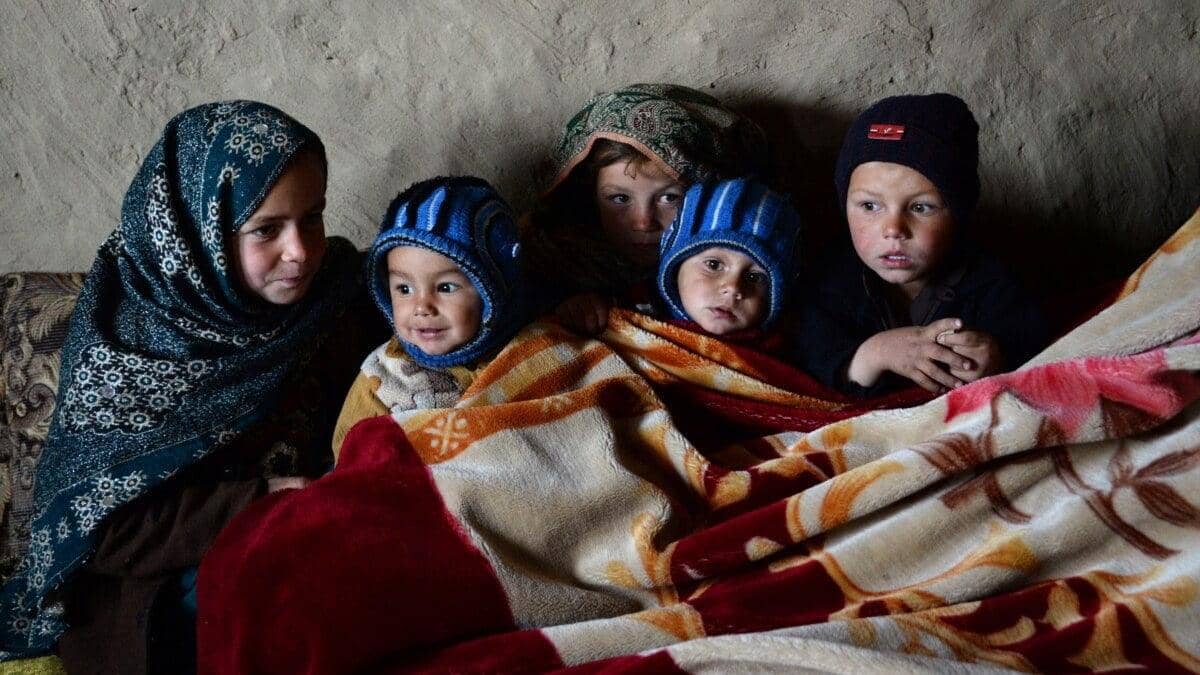Infants and orphans up to 7 years old are very sensitive and have more needs than older children. They require constant care, attention, nutrition, health, education and protection. Providing for these needs can be challenging, especially for low-income families or caregivers. That’s why it’s important to have a monthly budget that covers all the expenses for these children.
Basic Necessities
The main priority for any infant or young orphan is providing basic necessities like food, clothing, and shelter. A monthly budget should allocate funds for:
- Food: Growing children need nutritious food regularly to support development and growth. The monthly food budget should cover formula, baby food, regular meals and snacks.
- Clothing: Young children grow quickly and need new clothing periodically. Funds should cover a range of sizes as children grow, as well as outerwear, sleepwear, undergarments and weather-appropriate clothing.
- Shelter: All young children need a safe, stable place to live that provides protection from the elements. This may mean covering rent, utilities and regular maintenance costs for facilities that house orphans.
- Health Care and Medication: Children this age require regular checkups, immunizations and treatment for common childhood illnesses. The monthly budget should account for medical, dental and vision care costs. It should also allocate funds for medications, supplements and basic first aid supplies.
- Personal Hygiene: Infants and toddlers need supplies like diapers, wipes, baby wash, toothbrushes and toothpaste. Funds should cover the costs of these basic hygiene essentials.
Quality Childcare
Beyond necessities, infants and young orphans need quality childcare to support healthy development and growth. Additional monthly costs may include:
- Nutritionist Consultations: An expert can ensure children are on the right track nutritionally to support physical and mental development.
- Pediatrician Visits: Beyond checkups, regular visits with a pediatrician can catch developmental delays, infections and other issues early.
- Therapy Services: Speech, occupational and physical therapy may help address developmental delays and ensure children reach critical milestones.
Unexpected Expenses
The monthly budget should also include some reserve funds for the unexpected. Young children’s needs often change rapidly and unforeseen costs arise frequently, including:
- Hospitalization or Surgery: Illnesses can require overnight hospital stays or outpatient procedures not covered by insurance.
- Testing: Doctors may order blood work, imaging scans or genetic testing not covered in a basic exam.
- Special Medications or Equipment: Treatments for serious illnesses or developmental issues may have high out-of-pocket costs.
- Growth Spurts: Children this age frequently outgrow clothes and footwear, requiring new items outside the regular schedule.
- Replacements: Toys, equipment and hygiene products often need replacement due to normal wear and tear.
Infants and young orphans are fully dependent on others for their basic needs and wellbeing. Setting up a comprehensive monthly budget can help ensure essential necessities are met along with supplemental funding for quality care, medical needs and unexpected costs. With a stable, consistent source of funding, these vulnerable children stand the best chance of healthy growth and development. In our Islamic charity, a dedicated monthly budget is considered to help infants and orphans up to 7 years old, so that we can ensure the health and quality of the child’s growth.



